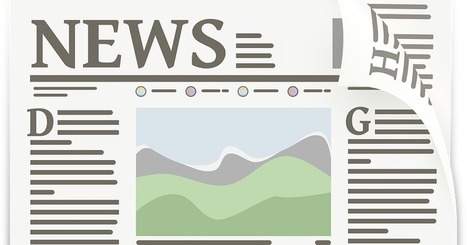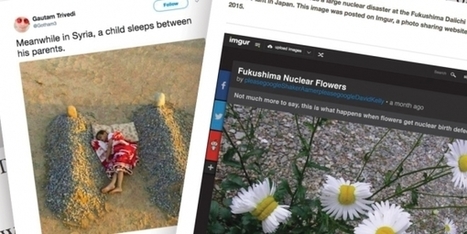Earlier this week TED-Ed published a new lesson titled Can You Spot the Problem With These Headlines? The short video lesson walks students through dissecting a couple of hypothetical news headlines. By watching the video students can begin to understand how headlines are written to entice readers and how misleading headlines are created.
Research and publish the best content.
Get Started for FREE
Sign up with Facebook Sign up with X
I don't have a Facebook or a X account
Already have an account: Login
Literacy in a digital education world and peripheral issues.
Curated by
Elizabeth E Charles
 Your new post is loading... Your new post is loading...
 Your new post is loading... Your new post is loading...
|
|












